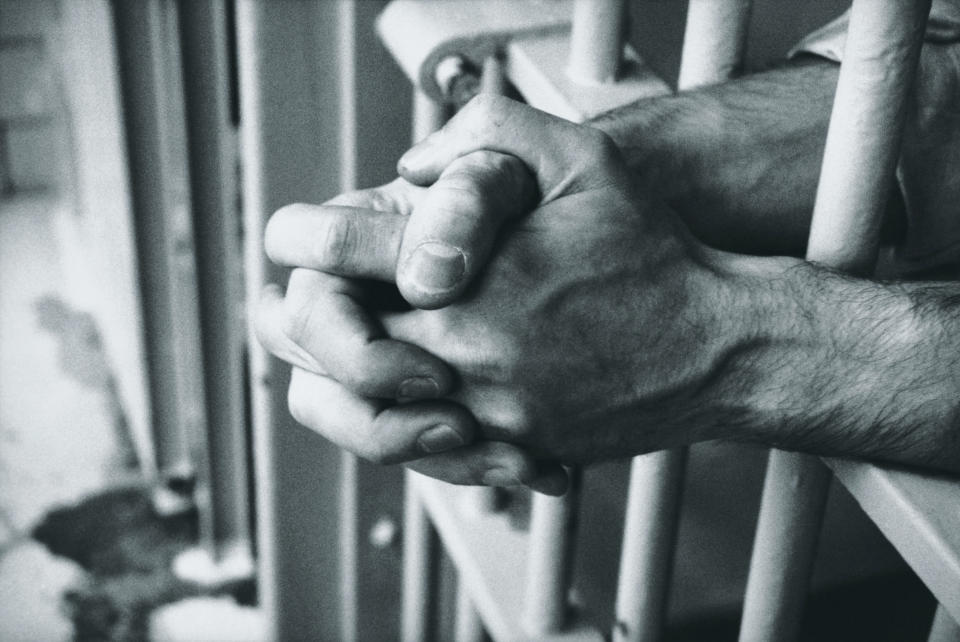 Daily Brew
Daily BrewDespite revelations in Ashley Smith’s prison death, conditions for mentally-ill inmates still ‘grossly inadequate’

The federal prison system has long faced criticism over its handling of mentally ill prisoners, with the most notable example the horrific death of teenager Ashley Smith.
Now documents obtained by the John Howard Society under access-to-information legislation and furnished to CBC News reveal prisoners with serious mental illnesses were being kept in "grossly inadequate" conditions, including long stints in solitary confinement.
A report by the correctional investigator of Canada raised concerns about the isolation, lack of programs and "gross neglect" of the maintenance and hygiene of mentally ill prisoners at Millhaven Institution in Ontario, CBC News reported.
Society executive director Catherine Latimer said the segregation unit of the prison was "totally unsuitable," lacking in program space and providing a stark, isolated environment.
"It's underground, it’s small cells intended for punishment, and another coat of paint has not really converted it into a treatment centre where effective help can be rendered to these people," she told CBC News.
[ Related: Changes sought in dealing with mentally ill offenders ]
Complaints about how Corrections Canada treats mentally ill inmates have been brewing for years.
The Canadian Psychiatric Association said prisons have become "institutions of last resort" to house people with mental illness who make up a significant percentage of people behind bars, the Globe and Mail reported in 2011.
The closure of many psychiatric institutions across Canada, putting mentally ill patients on the street, has exacerbated the problem, Dr. Gary Chaimowitz, an association board member, told the Globe.
Mentally-ill prisoners often end up in segregation units and without adequate treatment because prisons don't have the staff or resources to properly care for them, he said.
A 2012 report by the United Nations Committee Against Torture called on Canada to abolish the use of solitary confinement for prisoners with serious mental illness, the Toronto Star reported. Segregation for up to 23 hours a day was cruel, inhuman and degrading, the UN said.
"These are well-identified problems," correctional investigator Howard Sapers told the Star at the time, noting his office has issued reports urging Corrections Canada to stop isolating mentally ill prisoners who make up an estimated 30 per cent of the population.
The issue moved front-and-centre with the shocking death in 2007 of 19-year-old Ashley Smith, who strangled herself in her cell with a piece of cloth around her neck as prison staff looked on from the doorway.
[ Related: Will recommendations from the Ashley Smith inquiry be followed? ]
The troubled New Brunswick teenager, who'd been in custody since she was 15 for a minor offence, was bounced from prison to prison for years as staff tried to deal with her violent behaviour and repeated attempts at self-harm.
An inquest into her death revealed officers were ordered not to intervene if she was still breathing. The inquiry ruled her death a homicide, though charges of criminal negligence against three guards were dropped after it was shown they'd been following instructions from above.
CBC News said the closure of Kingston Penitentiary and the regional treatment centre in Ontario triggered the transfer of the most seriously mentally ill inmates to Millhaven, a maximum-security prison. Others were sent to a medium-security prison at Collins Bay, Ont., before being transferred to a new unit at Bath Institution.
Latimer told CBC News Ottawa has developed a strategy to address prisoners' mental health needs but as not provided the necessary support and professional staff to implement it. Because prolonged isolation can make existing mental-health problems worse, Latimer warned prisoners are more prone to attempt suicide and act out violently.
"The last thing we want as a society is someone to come out of prison with less mental health than when they went in," she said. "I think we need to be very worried about this."


